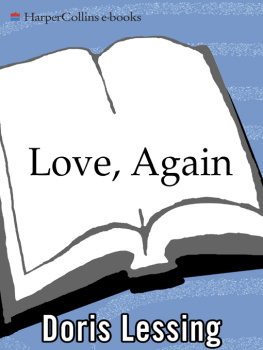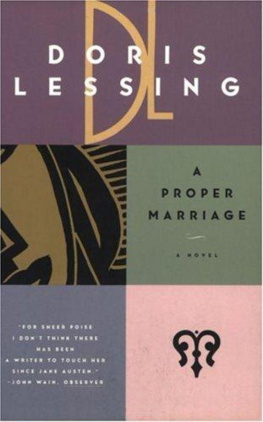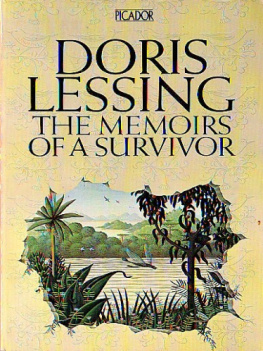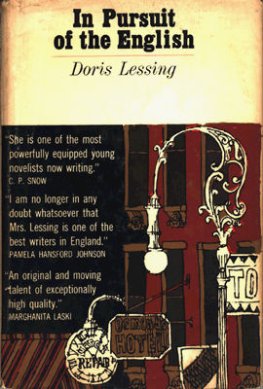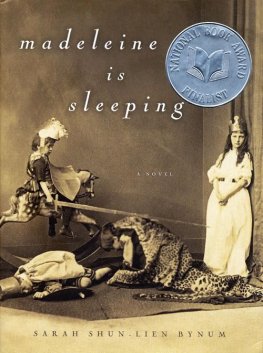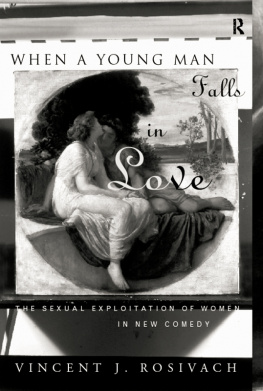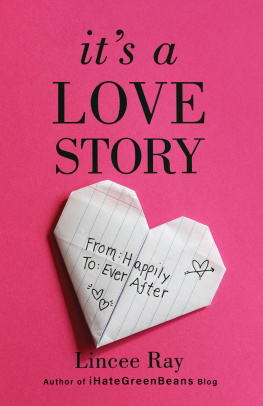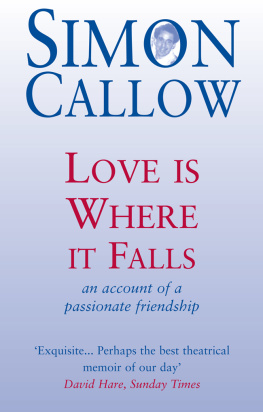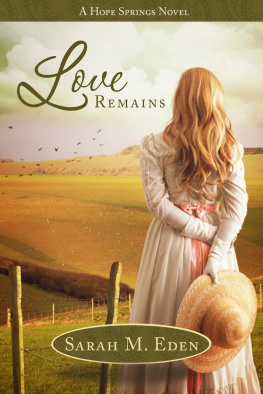HarperCollins Publishers (Australia) Pty. Ltd.
HarperCollins Publishers Ltd.
P.O. Box 1
HarperCollins Publishers Ltd.
HarperCollins Publishers Inc.
E asy to think this was a junkroom, silent and airless in a warm dusk, but then a shadow moved, someone emerged from it to pull back curtains and throw open windows. It was a woman, who now stepped quickly to a door and went out, leaving it open. The room thus revealed was certainly over-full. Along one wall were all the evidences of technical evolutiona fax machine, a copy machine, a word processor, telephonesbut as for the rest, the place could easily be some kind of theatrical storeroom, with a gold bust of some Roman female, much larger than life, masks, a crimson velvet curtain, posters, and piles of sheet music, or rather photocopies that had faithfully reproduced yellowing and crumbling originals.
On the wall over the word processor was a large reproduction of Czannes Mardi Gras , also the worse for wear: it had been torn across and put together with cellotape.
The woman next door was energetically attending to something: objects were being moved about. Then she reappeared and stood looking in at the room.
Not a young woman, as it had been easy to imagine from the vigour of her movements when still half seen in the shadows. A woman of a certain age, as the French put it, or even a bit older, and not dressed to present herself, but wearing old trousers and shirt.
This woman was alert, full of energy, yet she did not seem pleased with what she looked at. However, she shook all that off and went to her processor, sat down, put out a hand to switch on a tape. At once the room was filled with the voice of the Countess Di, from eight centuries ago (or a voice able to persuade the listener she was the Countess), singing her timeless plaints:
I must sing, whether I will or not :
I feel so much pain over him whose friend I hold myself ,
For I love him more than anything that is
The modern woman, sitting with her hands ready to attack the keys, was conscious she felt superior to this long-ago sister, not to say condemning. She did not like this in herself. Was she getting intolerant?
Yesterday Mary had rung from the theatre to say that Patrick was in emotional disarray because he had fallen in love again, and she had responded with a sharp comment.
Now, come on, Sarah, Mary had rebuked her.
Then Sarah had agreed, and laughed at herself.
Feeling disquiet, however. There seems to be a rule that what you condemn will turn up sooner or later, to be lived through. Forced to eat your vomityes, Sarah knew this well enough. Somewhere in her past she had made a note: Beware of condemning other people, or watch out for yourself.
The Countess Di was too disturbing, and Sarah switched the plaint off.
Silence. She sat breathing it in. She was altogether too much affected by this old troubadour and trouvre music. She had been listening to little else for days, to set the tone of what she had to write. Not only the Countess, but Bernard de Ventadour, Pierre Vidal, Giraut de Bornelh, and other old singers, had put her into a state ofshe was restless, and she was feverish. When had music affected her like this before? She did not think it had. Wait, though. Once she had listened to jazz, particularly the blues, it seemed day and night, for months. But that was when her husband died, and the music had fed her melancholy. But she did not rememberyes, first she had been grief-ridden, and then she had chosen music to fit her state. But this was a different matter altogether.
Her task this evening was not a difficult one. The programme notes were too stiff in tone: this was because, writing them, she had been afraid of being over-charmed by the subject. And she was being charmed by the sensuous voice of the Countessor the young woman Alicia de la Haye.
She did not have to do the programme notes now. In fact she had made a rule for herself not to work in the evenings at home: a rule she had not been keeping recently. To spell it out, she had not been keeping her own prescriptions for balance and good mental health.
She sat listening to silence. A sparrow chirped.
She thought, Ill look up that Provenal poem by Pound; thats hardly work after all.
The desk was stacked with reference books, files of cuttings, and on one side of it bookshelves rose to the ceiling. A book lay open on one side of the word processor.
Growing old gracefullythe way has been signposted. One might say the instructions are in an invisible script which becomes slowly legible as life exposes it. Then the appropriate words only have to be spoken. On the whole the old dont do badly. Pride is a great thing, and the necessary stances and stoicisms are made easy because the young do not knowit is hidden from themthat the flesh withers around an unchanged core. The old share with each other ironies appropriate to ghosts at a feast, seen by each other but not by the guests whose antics and posturings they watch, smiling, remembering.

